Imaginings
stories, creative nonfiction, poetry, and other imaginative accounts of the natural world
-
Food for an Abundant Future
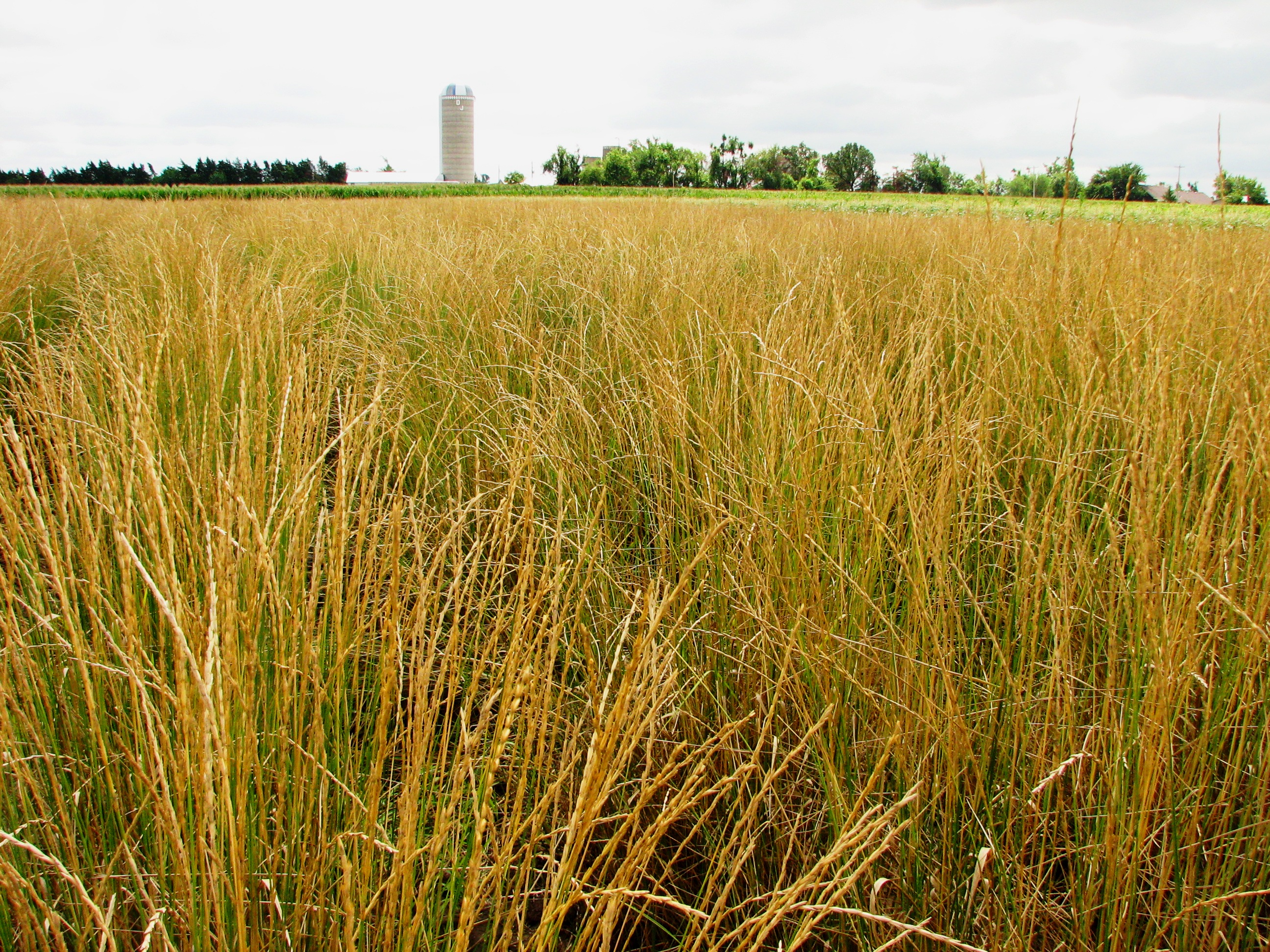
By Pollyanna Rhee: “The future of farming. The future of food.” The website for Kernza® displays little modesty about its ambitions. It’s not a surprise that the producer of a good meant for the consumer market would be hyperbolic in their promises, but others have found the claim enticing. “Could Superwheat Kernza Save Our Soil?”…
-
The Planetary as Embodied

By Misria Shaik Ali: Planetary health encompasses the interrelated health of human beings and natural systems. Planetary conceptualities, including that of planetary health, are presumed to require interventions at the scale of global systems as “the global” is frequently taken to proportionately represent the concomitant vastness of “the planetary.” In contrast, traces of planetary harm…
-
Loss, Grief, and the Politics of Planetary Health

By Dylan M. Harris: Grief is inherently political. Death has a way of laying bare the unequal conditions of life, the very basis of politics. The vacuum of loss creates solidarity among those left to make sense of what has happened and what remains.1 Grief is necessarily relational, pulling together multiple lives and experiences, even…
-
Who Is the Planetary Health Diet For?
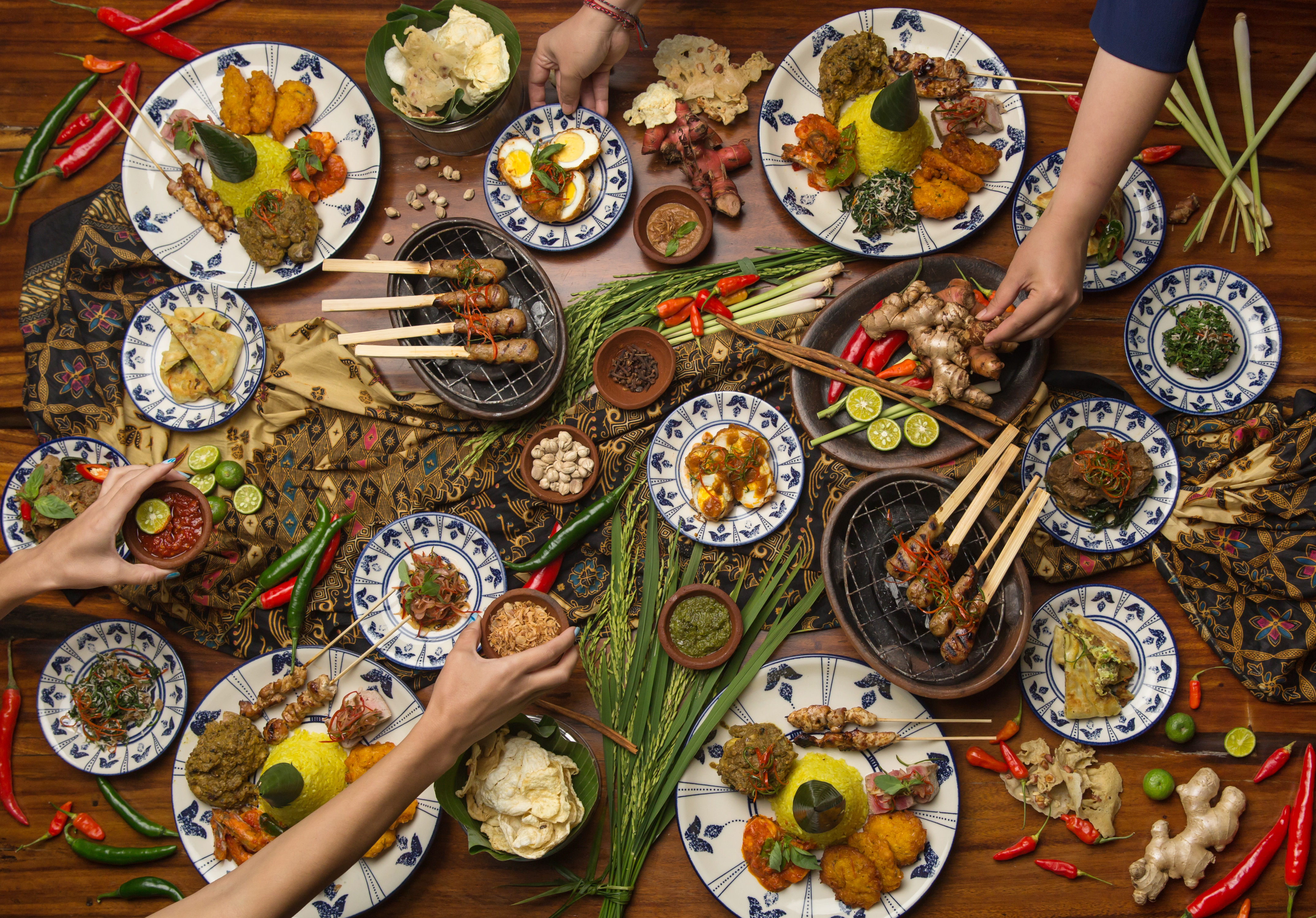
By André Krebber and Nina Mackert: Food production is a central cause for global environmental degradation and change in ecosystems. In 2019 the EAT-Lancet Commission proposed a “Planetary Health Diet” that defined quantitative limits on food production to tackle this problem and advance both a healthy and ecologically sustainable food system. In this exploration, we…
-
The Strong Who Inspire: A Poem in Memory of Rachel Carson
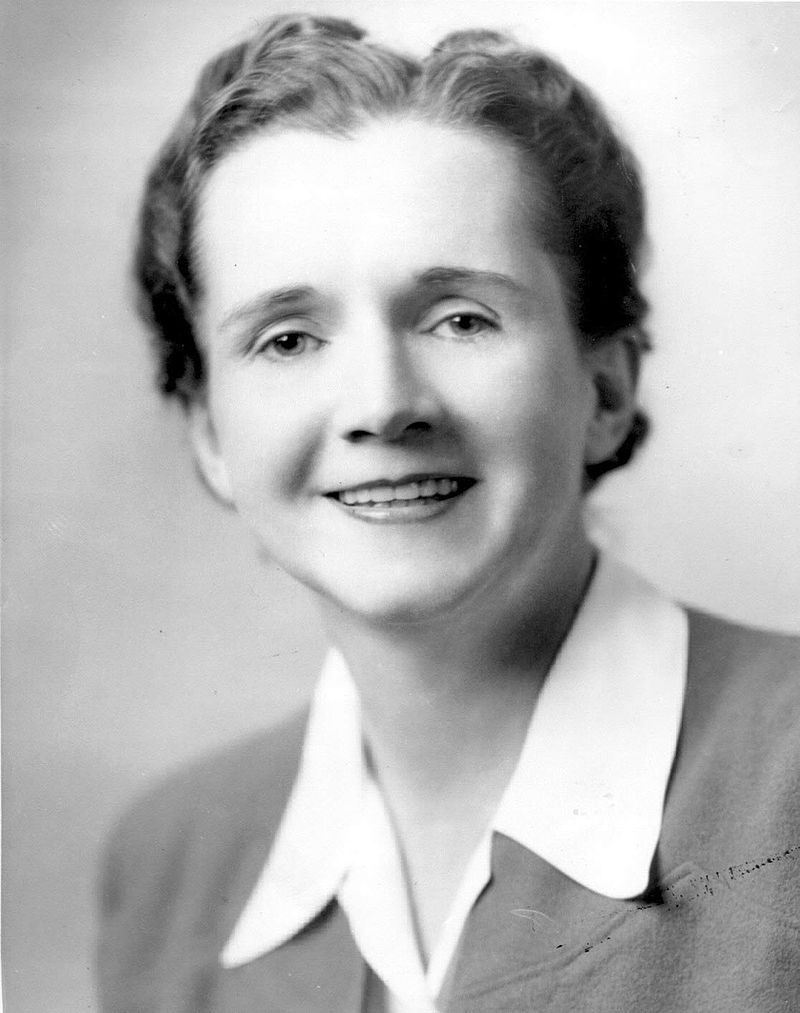
This short guest post by award-winning nature writer Ellery Akers commemorates one of the worlds greatest conservationists and our intitute’s namesake, Rachel Carson. Carson died on 14 April 1964 at the age of 56. The poem, taken from Ellery’s new book Swerve: Environmentalism, Feminism, and Resistance, has been reprodced here with her kind permission. By
-
Sourdough Cultures

By: Matthew Morse Booker Introduction: An Embodied Multispecies Environmental Humanities Experience As one of the first Alumni Fellows at the Rachel Carson Center (RCC), I wanted to return something to the remarkable community of RCC staff, students, and fellows. In North Carolina I am part of the Sourdough Project, a global public science experiment using
-
On Environmental Grief and the Rights of Nature
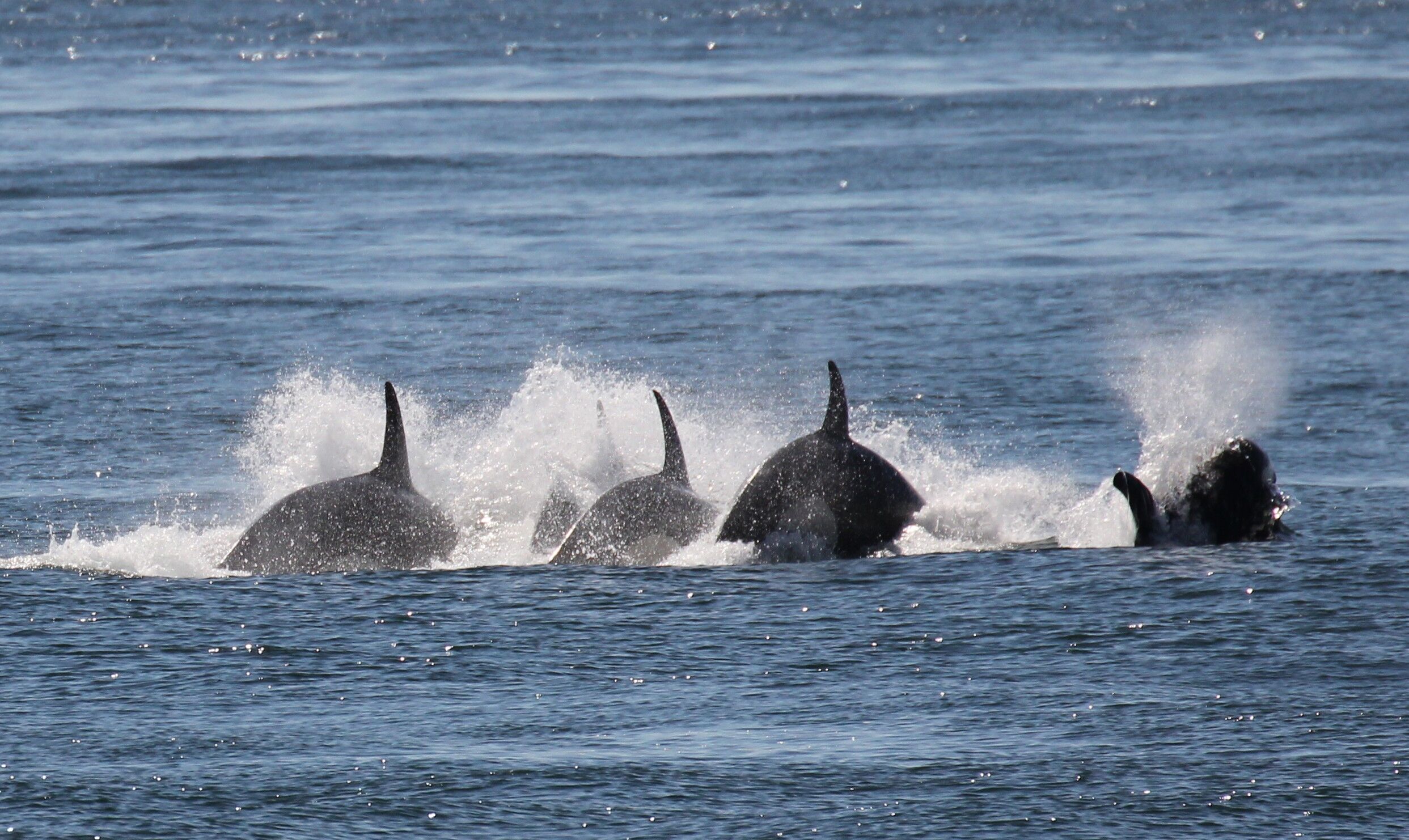
Guest post by Kriss Kevorkian *Featured image: Jill Hein Twenty years ago, when I first coined the term environmental grief—the grief reaction stemming from the environmental loss of ecosystems caused by either natural or human-made events—I thought I was the only one grieving the destruction and ecocide I saw taking place around me. Fortunately, a
-
The RCC Goes Bavarian!
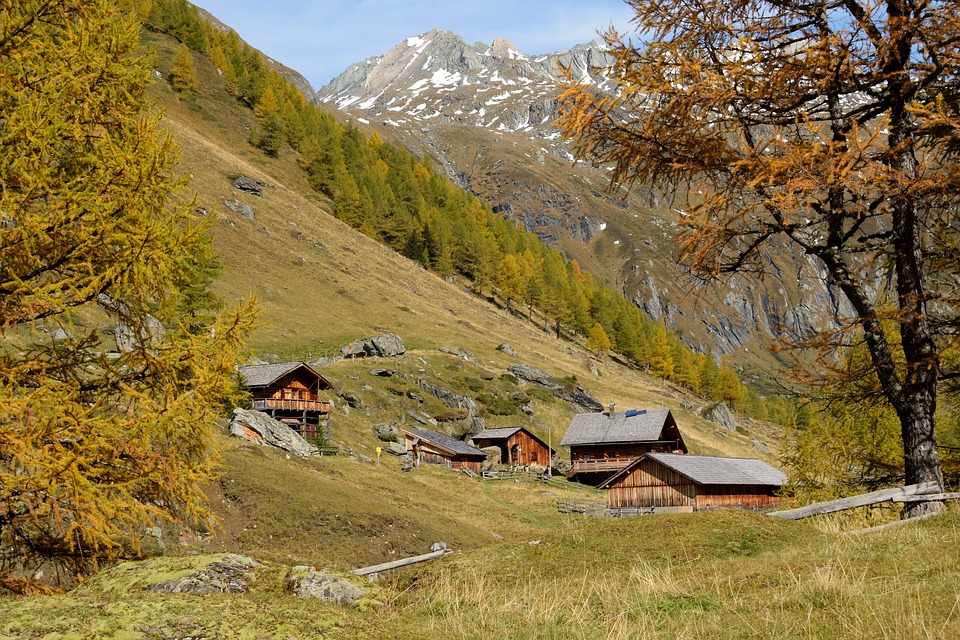
With its wealth of alpine environments and cultural traditions, Bavaria calls to diverse audiences that are as rich as its own natural heritage. Through a host of new projects rooted in sharing and comparing Munich, Bavaria, and the Alpine region, the RCC is celebrating the home of its German headquarters as well as strengthening its
-
The Case to Go to Mars—And the Hope for the Earth
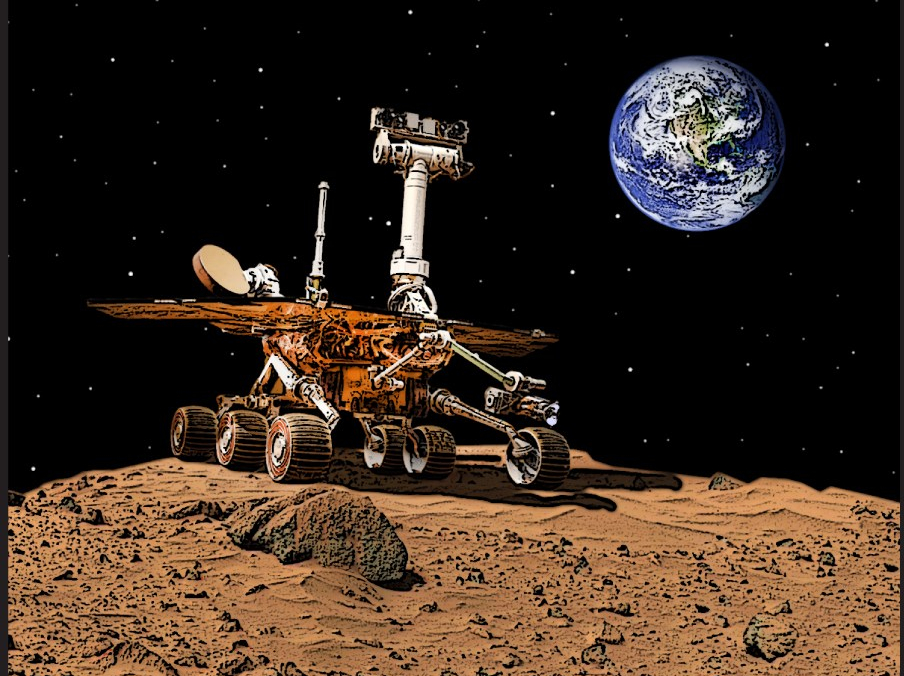
By David Munns *Featured image: Mars Rover. Image: Idaho National Laboratory, [CC-BY 2.0], via Flicker. We need a “hardy, soiled kind of wisdom,” Donna Haraway wrote in her recent book Staying With the Trouble, if we are to avert disaster from climate change even a little bit. Challenging and controversial, the wisdom Haraway seeks comes